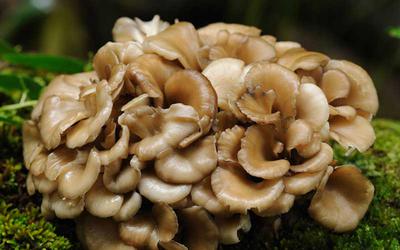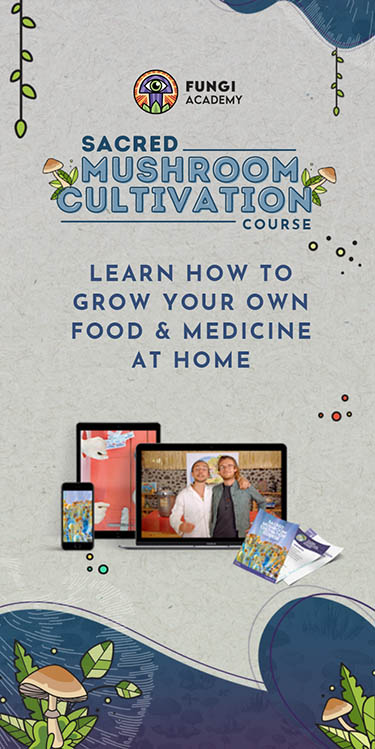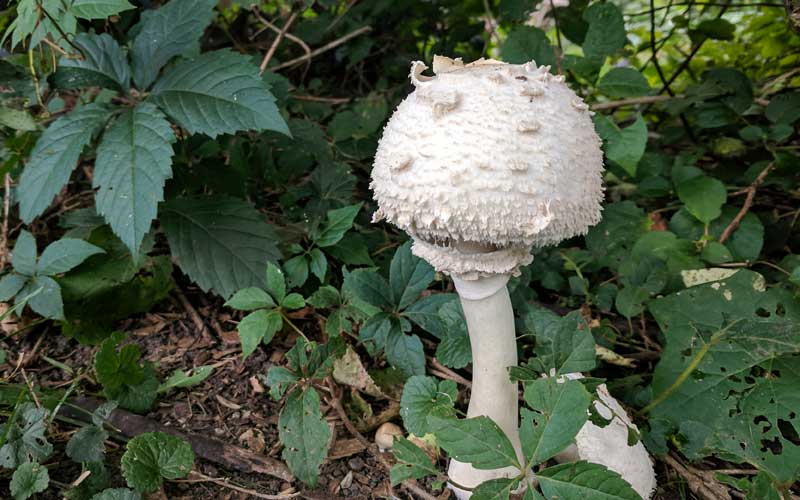- Home
- Mushroom Resources
- Got Questions?
- Can eating mushrooms make me live longer?
Can eating mushrooms make me live longer?
by Dan
(LA)

Maitake Mushrooms
QUESTION:
Hey there! I've been doing some reading about how to live a longer and healthier life, and it seems like scientists are doing some pretty wild stuff to try and extend our time on this earth.
I even heard that some mushrooms can help with this too. If it's true, which mushrooms should I be eating to get the most out of it?
ANSWER:
Interesting you should ask. The answer is yes… probably!
One of the most promising benefits of mushrooms is their potential impact on longevity. Studies have found that regular consumption of some types of mushrooms may help to improve immune function, reduce inflammation, and potentially reduce the risk of certain age-related diseases, such as cardiovascular disease and cancer.
Shiitake mushrooms, in particular, contain compounds called beta-glucans that have been shown to stimulate the immune system, improve cholesterol levels, and reduce inflammation. These benefits may help to lower the risk of chronic diseases that can shorten lifespan.
Maitake mushrooms contain beta-glucans as well, but they also contain a compound called D-fraction, which has been shown to enhance immune function and inhibit the growth of cancer cells. Some studies have also found that maitake mushrooms may help to lower blood sugar levels and improve insulin sensitivity, which could reduce the risk of diabetes and other age-related conditions.
Reishi mushrooms contain polysaccharides and triterpenoids, which have been linked to immune-boosting and anti-inflammatory effects. Some studies have found that reishi mushrooms may help to improve sleep quality, reduce stress, and support liver function, all of which may contribute to a longer lifespan.
While the research on the longevity benefits of mushrooms is still in its early stages, there is evidence to suggest that regular consumption of these types of mushrooms may have a positive impact on health and longevity.
That said, if you’re worried about your own health, be sure to speak with a medical professional. Mushrooms hold great promise in many health-related areas, but it’s still early days.
I hope this answers your question!









